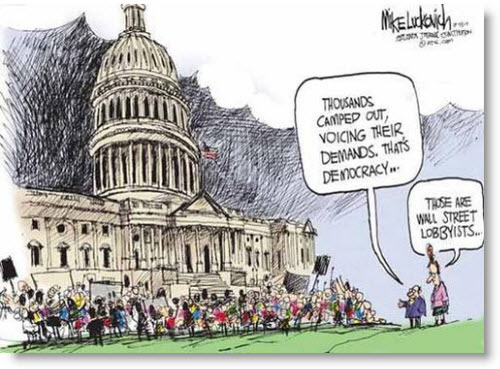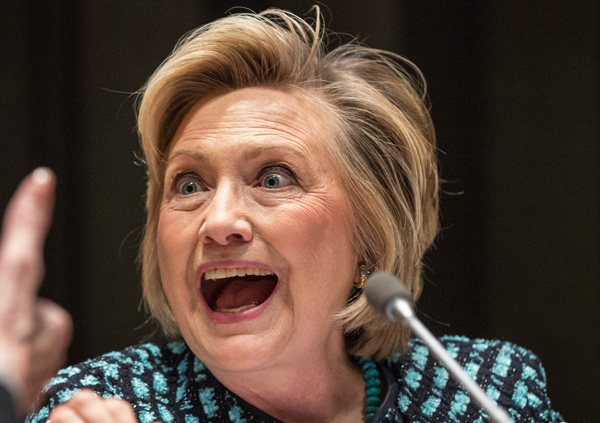Please, make them stop!

That’s my reaction to the blizzard of television ads running for Democrat Carolyn Long and Republican Jaime Herrera Beutler in their race for Washington’s 3rd Congressional District. They’ve been pounding my brain for weeks, often one after the other, and I don’t even live in Washington.
Reports filed with the Federal Election Commission by both candidates show they’ve been raising and spending money like drunken sailors. Together they’ve raised $7,461,992.01 and spent $5,547,062.56.
These are their individual numbers as of Sept. 30, 2020:
| $ Raised | $ Spent | $ Cash on hand | ||||
| Beutler | 3,916,946.21 | 2,229,341.64 | 1,736,571.30 | |||
| Long | 3,545,045.80 | 3,317,720.92 | 257,476.51 |
And this doesn’t even count the money spent by supportive committees, such as the Republican’s Congressional Leadership Fund, or by dark money groups that aren’t required to disclose their donors.
Beutler can take some satisfaction in knowing she has a lot more cash on hand to spend in the closing days of the campaign and that she’s outraising Long, going against the national trend of Democrats bringing in more total cash in House races.
But Beutler and Long are still a small part of the political spending this election. Open Secrets, the data website of the Center for Responsive Politics, a nonpartisan, independent and nonprofit research group tracking money in U.S. politics, is predicting that the 2020 election will near $11 billion in total spending, smashing records.
“The 2018 election smashed fundraising records for midterms, and 2020 is going to absolutely crush anything we’ve ever seen — or imagined — before” said Sheila Krumholz, executive director of the Center for Responsive Politics.
Top Contributors in Beutler/Long Race
| Top Contributors to Jaime Herrera Beutler | Total |
|---|---|
| Winning for Women | $21,800 |
| Blue Cross/Blue Shield | $17,807 |
| Emergent Biosolutions | $15,600 |
| Fisher Investments | $13,200 |
| Pro-israel America PAC | $12,200 |
| Boeing Co | $12,009 |
| L&E Bottling Co | $11,800 |
| Blackstone Group | $11,217 |
| Crow Holdings | $11,206 |
| Clearpath Foundation | $11,200 |
| Top Contributors to Carolyn Long | Total |
|---|---|
| Emily’s List | $47,165 |
| Democracy Engine | $32,075 |
| Amazon.com | $20,200 |
| Microsoft Corp | $20,013 |
| End Citizens United | $18,700 |
| University of Washington | $18,491 |
| United for A Strong America | $16,200 |
| Tableau Software | $12,300 |
| Vancouver Public Schools | $11,840 |
| Barr Foundation | $11,200 |
These tables list the top donors to candidates in the 2019-2020 House election cycle The organizations themselves did not donate, rather the money came from the organizations’ PACs, their individual members or employees or owners, and those individuals’ immediate families. Organization totals include subsidiaries and affiliates.
Outside Groups Spending Money in this Race
| Committee | Type | All 2020 Total |
|---|---|---|
| RED – ClearPath Action | SuperPAC | $65,000 |
| RED – Congressional Leadership Fund | SuperPAC | $406,125 |
| RED – Defending Main Street | SuperPAC | $78,222 |
| BLUE – Democratic Congressional Campaign Cmte | PAC | $468,404 |
| BLUE – Fuse Washington | 501c | $54,761 |
| RED – Governing Majority Fund | SuperPAC | $103,674 |
| RED – National Republican Congressional Cmte | PAC | $491,052 |
| BLUE – Oneamerica Votes | 501c | $4,748 |
| BLUE – Sierra Club Independent Action | SuperPAC | $10 |
| RED – WFW Action Fund | Carey | $2 |
| RED – Winning for Women | PAC | $218 |
| RED – Conservative group; BLUE – Liberal group |












 The industry is one of the top interest groups supporting members of the 113th Congress so far during the 2015-2016 election cycle, with $157,708,874 in contributions that have been spread on both sides of the aisle like honey.
The industry is one of the top interest groups supporting members of the 113th Congress so far during the 2015-2016 election cycle, with $157,708,874 in contributions that have been spread on both sides of the aisle like honey.

